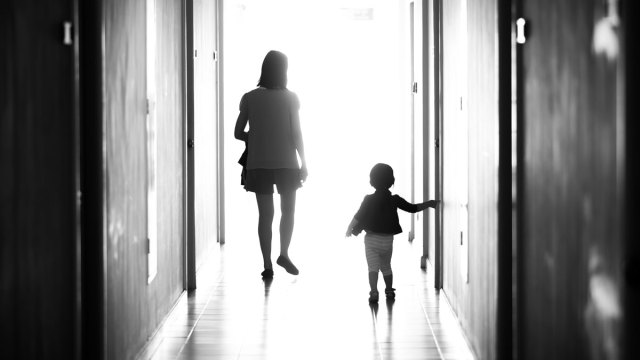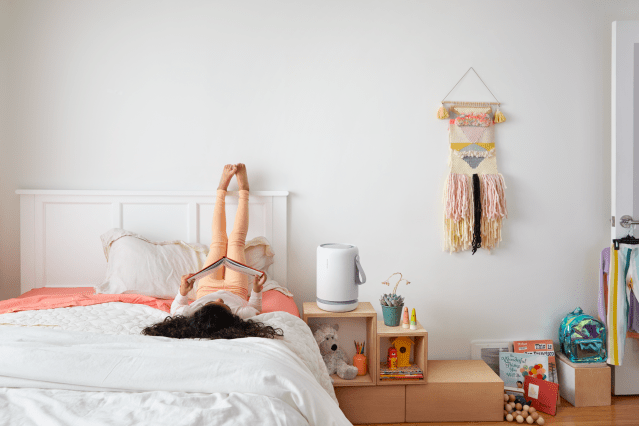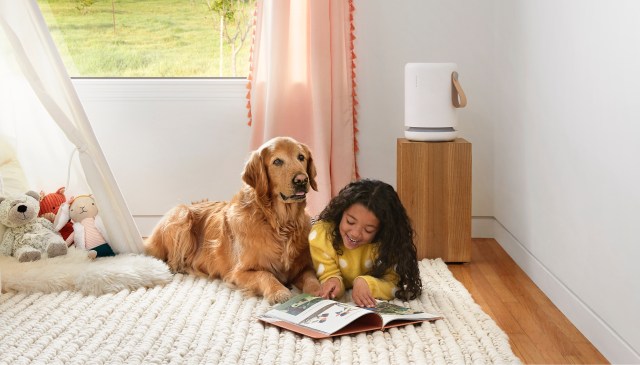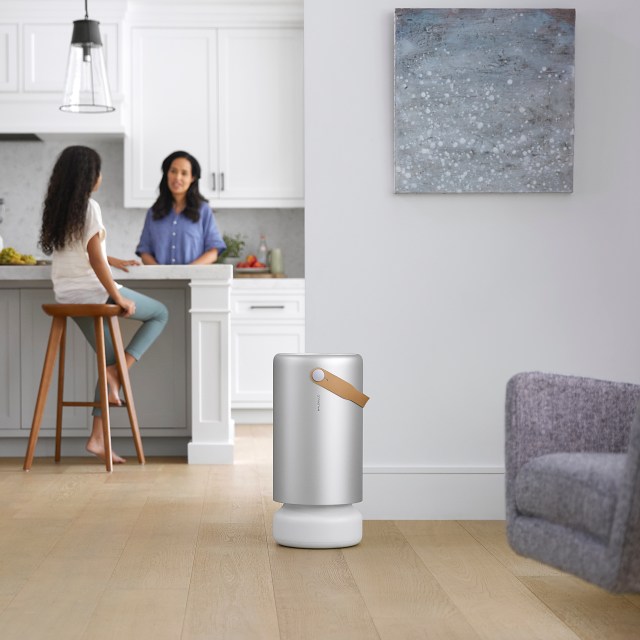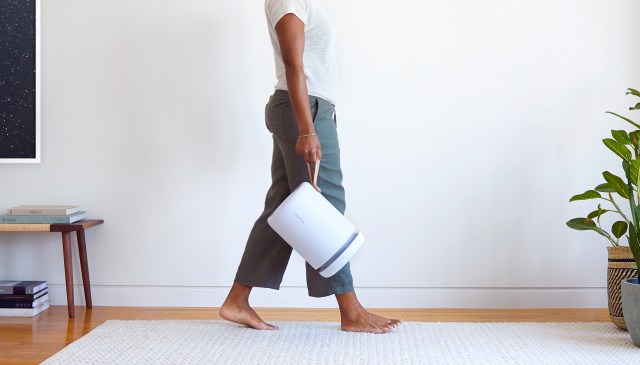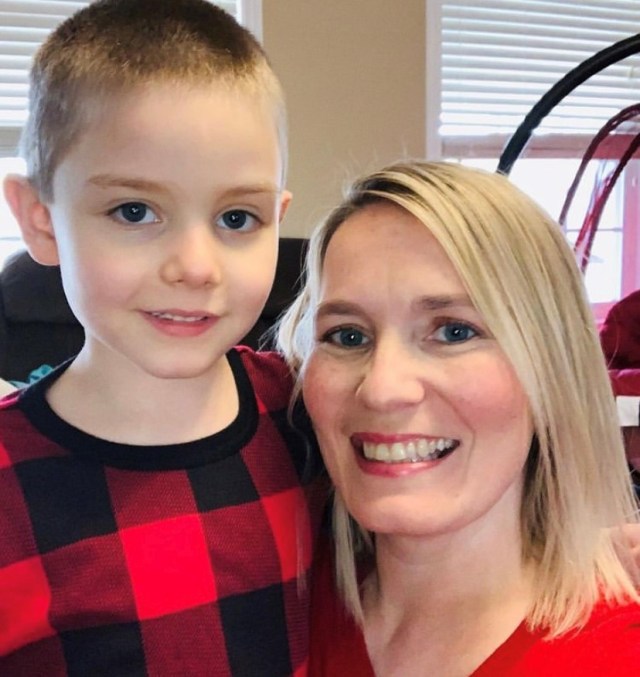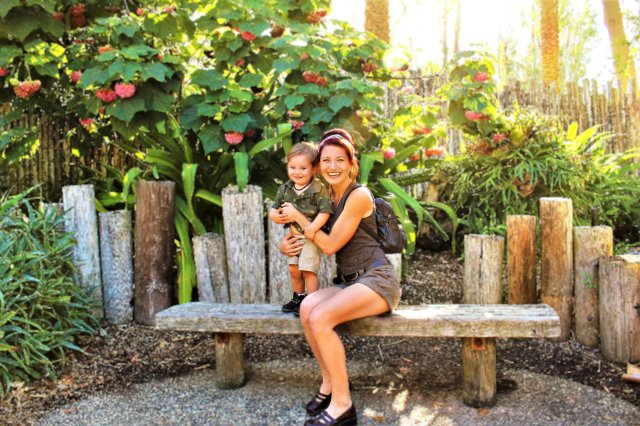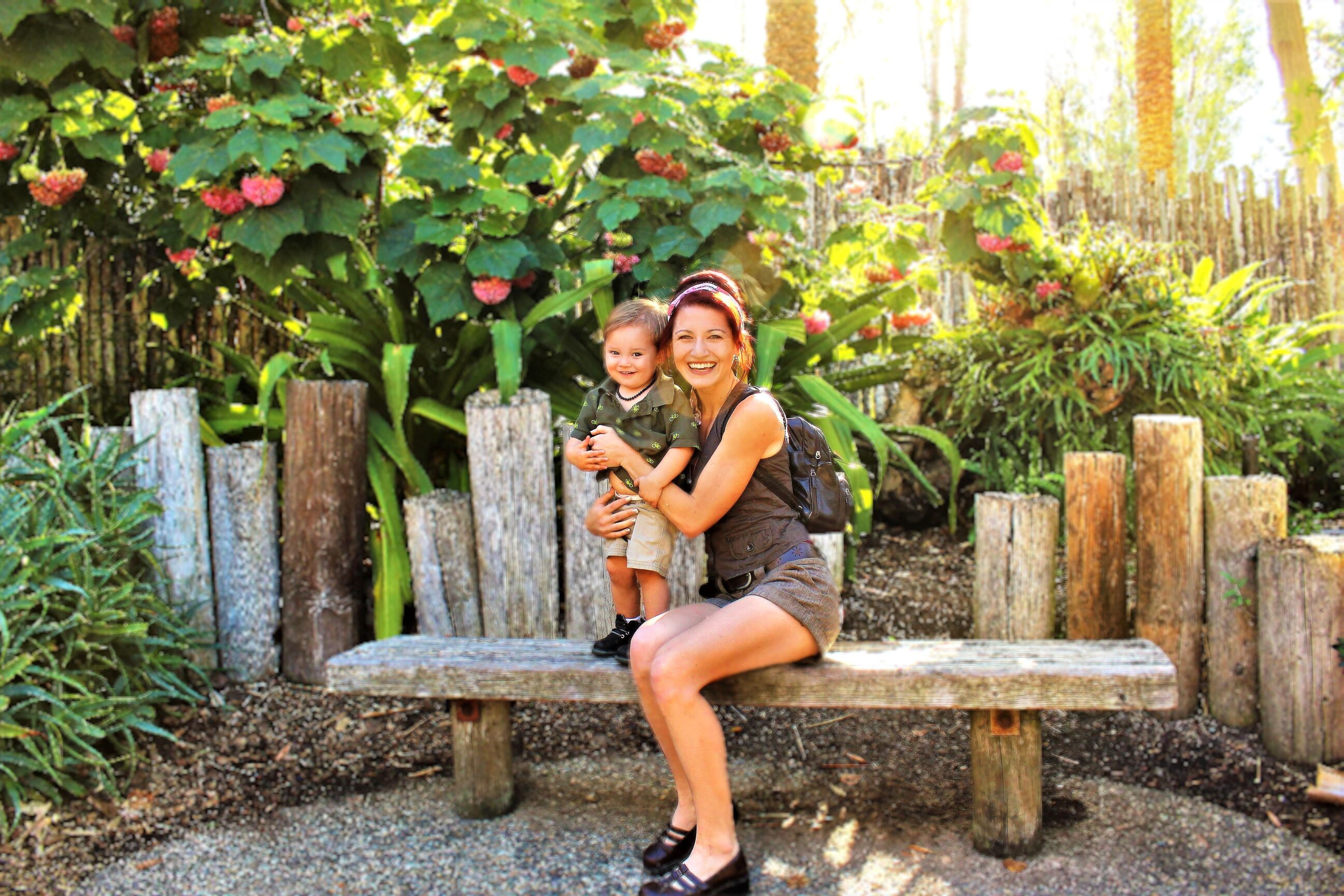Ahh, new motherhood. You go from dreaming of the day your baby will arrive to holding that tiny, wriggling bundle in your arms and thinking, “What the heck do I do now?” Hang tight! We’re here to help. We asked experienced moms to tell us one thing they wish they’d known when they first became parents, and they really delivered—from wisdom on sleep to life-changing self-care tips, and getting perspective on those intense early days. But the one thing they all agreed on is the most important of all: that you’re doing an amazing job.
Adjusting to Mom Life
“In the beginning, I wish I knew how to roll with it, not get frustrated, and that I would need lots of patience…. I was used to being in control and having some order to my life. My kids came into the picture and all of that was thrown out the window! Now they’ve broken me in and I roll with everything, but I remember that part being really hard for me.” — Kathy
“If I had a dime for every time I did something that I said I would never do when I was a know-it-all childless woman, I’d be rich.” — Jessie
“Do NOT let all the do’s & don’ts of parenting discourage you. As long as you keep your baby safe, healthy, and nurtured… you are doing a beautiful job. DON’T compare yourself to other moms! It’s not healthy!” — Ruthie
“I wish I had spent my time reading about postpartum rather than pregnancy books. During pregnancy, you have a doctor guiding you. But postpartum, you pretty much are on your own, and getting a counselor does not mean you are a bad parent.” — Reyna
“The most profound thing I heard and will never forget… Your baby was attached to you for 9 months. For the first 6 months of their life, they don’t actually realize they are still not a part of you! Love on that baby like they are still attached to you.” — Tara
“You will be a crazy emotional wreck (and a total a-hole at times) for the first ~6 months, but that’s okay because you just created another human being in your body.” — Sanaz
Getting Through Those Tough Moments
“I wish I had known that sometimes babies cry for no reason. They are not broken, and you didn’t do anything wrong. It will eventually get better; just breathe and try to comfort your new human!” — Melissa
“Take each stage as a stage. If things are really hard, just breathe. Your baby will hit a new milestone in a few weeks and things will change. The first year is like a book with all these mini-chapters, and you’ll be on to the next one before you realize it.” — Erin
“He isn’t GIVING you a hard time; he’s HAVING a hard time. (The wisest words I ever received from my mother-in-law.) It has helped me every single day of motherhood to keep their needs and moods in perspective.” — Elizabeth
“There are no mistakes, you learn as you go, and trust that you and your baby will figure it out and grow together. I thought I was so prepared with the books, asking mommy friends and relatives, and at the end of it, I just threw that all out and took those deep breaths and went with it.” — Sheilah
Related: 21 Everyday Victories New Parents Should Celebrate
Breastfeeding: So Much Harder Than It Seems
“It’s okay to breastfeed and be comfortable enough to do so in public. Took until my third child to be able to do so and have no shame or embarrassment.” — Brittany
“Breastfeeding hurts in the beginning, and that’s normal. Imagine washing your calloused hands 30 minutes straight every 2 hours—they’d crack and bleed too! Your nipples are nowhere near as calloused as your hands, so be patient with yourself and baby because it’s a learning process.” — Jeni
“Don’t be discouraged or beat yourself up if your milk supply doesn’t come in like you want or expected. Or if your baby simply isn’t interested. Just keep trying and don’t give up… if that’s what you choose. And if it’s just not working for you and/or baby, then allow yourself to bottle-feed without the guilt!” — Jamie
Related: Breastfeeding Essentials for Nursing Your Baby
Sleep: That Thing You Used to Do Whenever You Wanted
“Not all babies are wired to sleep through the night. I don’t sleep through the night, and neither does my kid. Professionals actually consider sleeping through the night to be 5 hours, not 8 or 12.” — Erin
“You will hear, ‘Sleep when the baby does,’ but for some of us, that is impossible. Ask for help and have a trusted hero [to] give you a few hours of sleep!” — Lauren
“You never know what you’re going to get. Try and rest as much as possible but don’t stress if you can’t. There is always the chance you get a sleep-through-the-night-early baby.” — Sarah
Related: Baby Sleep Guide: Expert Advice & What to Expect the First Year
Getting Used to That Postpartum Body
“Your body will change. Some of those changes are permanent, some are fleeting, some of them hurt, some will take you months to notice. Embracing the changes—good and bad—is the best way to get through them. (I named my hemorrhoids…it felt better than crying every day… just saying.) And at the end of it all, you will be stronger than you ever knew possible. — Paige
“The hair loss! Not once during or after my pregnancy did anyone talk about the possible postpartum hair loss. I thought I was losing all of my hair.” — Madison
“I wish I had known that I would pee a little every time I sneezed for the rest of my life.” — Katie
Related: The Weirdest Permanent Body Changes after Pregnancy
The Importance of Self-Care
“It is okay to let baby cry for a couple minutes. It’s okay to shower and leave them in the crib even if they are crying (if they are crying, they are ALIVE!). And it’s okay to go out and leave baby home with dad. (All learned the hard way.)” — Bella
“Postpartum anxiety is real! Get help and don’t be ashamed. Sometimes, you can’t help how you think and feel. You’re not alone.” — Marisol
“Don’t underestimate the power of support. If you don’t have that built-in (family, friends), hire someone whose main focus is to support you.” — Jacquie
“Remember: Under 2 years, playdates aren’t for them, they’re for you.” — Liz
“YOUR health is still most important. Take care of your needs too.” — Morgan
“Have a good friend who you can call and cry about your actual life, but who you can call too and talk about how amazing your baby’s development is, and how proud you are.” — Tania
“Learn to program your coffeemaker. Such a great self-care thing to do at the end of the day to have something nice in the morning!” — Rachel
Related: A Tribute to All the Moms Who Do Less
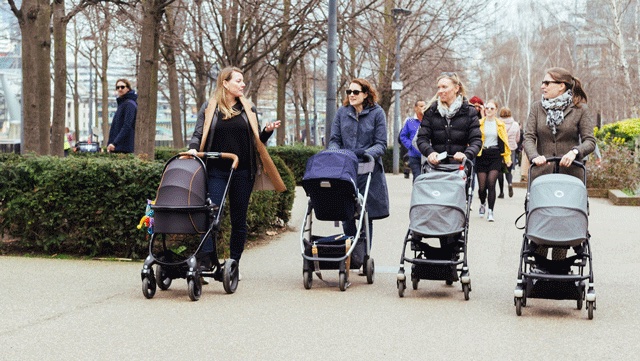
Leave The House During Those Early Days (Yes, Really!)
“Go out to dinners with your significant other/spouse and baby while they’re not mobile and sleep a lot. It feels daunting to go out in public with a newborn, but that’s when they’re the easiest! And you and your partner can keep the connection going!” — Haruko
“They’re easier when they don’t move. Like, a ton easier. You won’t realize how easy they were until they’re 2 and 3 and you’re pregnant again realizing you feel going to Disneyland seems so doable with a baby that doesn’t move. Life with a newborn seems so simple in retrospect.” — Jeni
What to Buy & What Not to Buy
“Get a simple high chair with no little nooks and crannies — like the IKEA high chair. It is so hard to clean the fancy five-position chairs.” — Sasha
“Don’t buy pajamas with buttons. They are a nightmare! Zippers will make life easier, especially for those diaper changes in the middle of the night.” — Carolyn
“Put Tucks or witch hazel pads in the fridge or freezer. All of your angry parts will thank you.” — Lesley
How Fast It Goes…
“Now that mine is 25 and my grandbaby is 4, the one thing I miss most is the sweet innocence when they are so small. That you are their entire world. Enjoy the cuddles, the softness of their voices, even their tears. It goes so quickly, and before you know it, they’re independent and more interested in everything BUT you.” — Lisa
“I wish I knew that it would be over in the blink of an eye. The first three years are so intense and hard on your marriage and on you mentally…. It feels boring and like you chose the wrong thing, but you aren’t supposed to admit that. So you smile and talk about how it is the best thing that ever happened to you. And it is. But some days you want to choose something else. And then it’s over. Then they eat their food and sleep through the night. They go to the potty and to school. Then those precious baby snuggles turn into a mommy who needs one more snuggle but the baby is too busy. The kids want to go on playdates and sleepovers. They want to spend Saturdays having sleepovers with friends and you are left shuttling them around and missing the days when you could coo at your sweet little baby. Don’t fast-forward. Don’t skip the moments. Don’t tune out and wonder where you’re meant to be or if there is something bigger out there for you. There’s not. This is it and it’s really, really short.” — Trish








